Nairo Quintana disqualified from Tour de France after twice testing positive for tramadol
The Colombian will still race at the Vuelta a España because it is not considered a doping violation
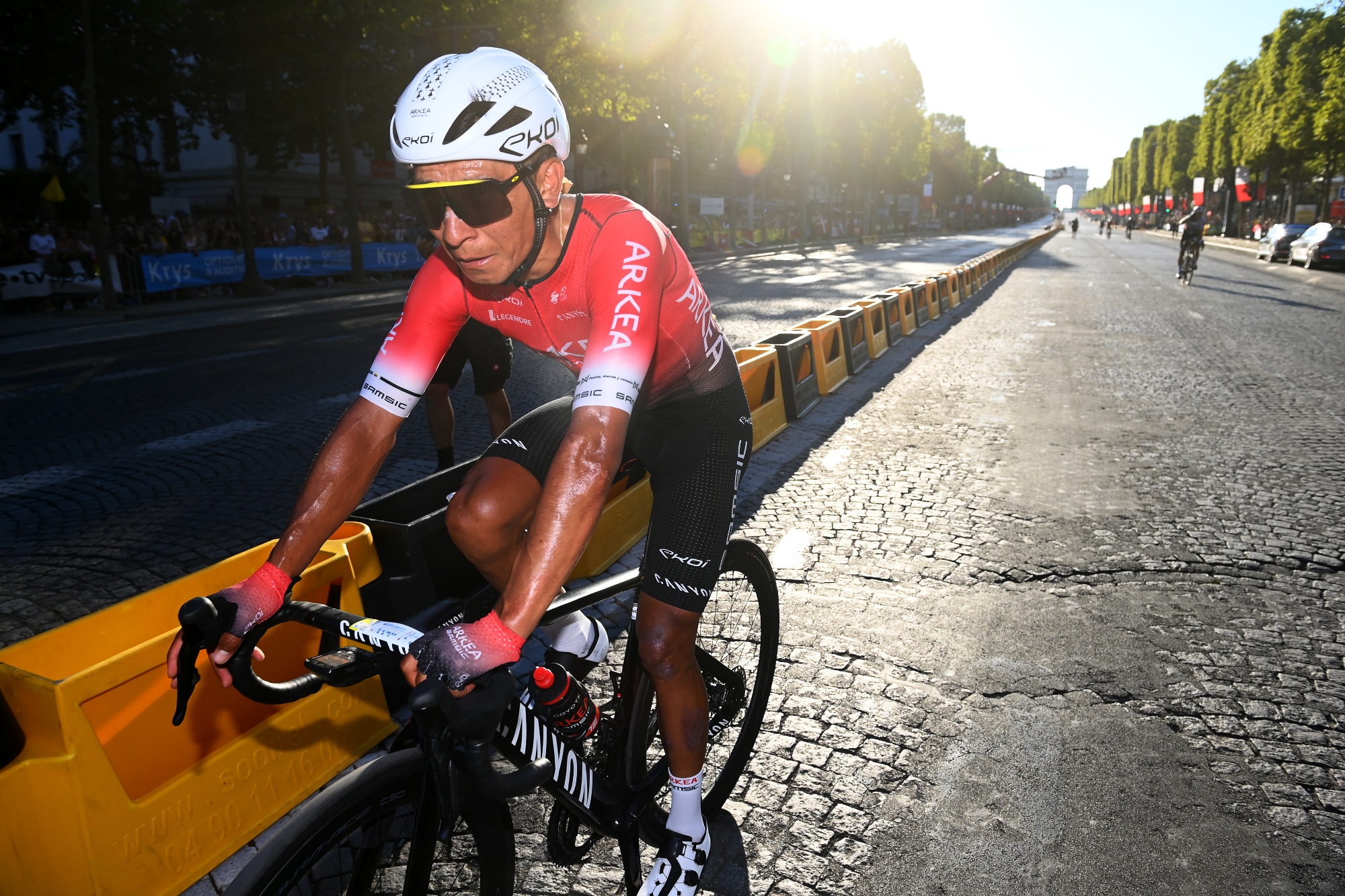
The UCI has retrospectively disqualified Nairo Quintana (Arkéa–Samsic) from the 2022 Tour de France, after two dried blood samples provided to the UCI by the Colombian revealed the presence of banned painkiller tramadol.
Consequently, Quintana, who had finished sixth on GC and achieved a second place finish on stage 11 atop the Col du Granon, has had his results from the race wiped. The UCI clarified, though, that because this is his first offence, he can still compete at the upcoming Vuelta a España and other races.
Tramadol is a strong painkiller, available either as an injection or orally, and has been banned by the UCI since March 2019 due to side-effects the drug can cause. These include nausea, dizziness, indigestion, vertigo, vomiting, constipation and drowsiness.
The World Anti-Doping Association (WADA) doesn't include tramadol on its banned substance list.
The UCI stated: “The Union Cycliste Internationale (UCI) announces that the Colombian rider Nairo Alexander Quintana Rojas has been sanctioned for an infringement of the in-competition ban on using tramadol as set out in the UCI Medical Rules with the aim of protecting the safety and health of riders in light of the side-effects of this substance,” the statement from the UCI said.
“The analyses of two dried blood samples provided by the rider on 8 and 13 July during the 2022 Tour de France revealed the presence of tramadol and its two main metabolites. In accordance with the UCI Medical Rules, the rider is disqualified from the 2022 Tour de France.”
Quintana has the opportunity to appeal the decision before the Court of Arbitration for Sport (CAS) within the next 10 days.
Get The Leadout Newsletter
The latest race content, interviews, features, reviews and expert buying guides, direct to your inbox!
At the Tour de France, the UCI collected 120 dried blood samples as part of the tramadol programme. The drug was first banned by cycling's governing body from competition on March 1, 2019, in order to protect riders' health due to adverse effects people can suffer when using the drug
International Testing Agency (ITA) collect the samples via a small amount of blood from the rider's fingertip, before the sample analysis is conducted at the Laboratory of Clinical Pharmacology and Toxicology at Geneva University.
Following an independent review at the University of Lausanne’s Centre of Research and Expertise in Anti-Doping Sciences (REDs), the results are submitted to the UCI Medical Director, who administers sanctions based on the UCI Medical Rules.

Thank you for reading 20 articles this month* Join now for unlimited access
Enjoy your first month for just £1 / $1 / €1
*Read 5 free articles per month without a subscription

Join now for unlimited access
Try first month for just £1 / $1 / €1
Ryan is a staff writer for Cycling Weekly, having joined the team in September 2021. He first joined Future in December 2020, working across FourFourTwo, Golf Monthly, Rugby World and Advnture's websites, before making his way to cycling. After graduating from Cardiff University with a degree in Journalism and Communications, Ryan earned a NCTJ qualification to further develop as a writer.
-
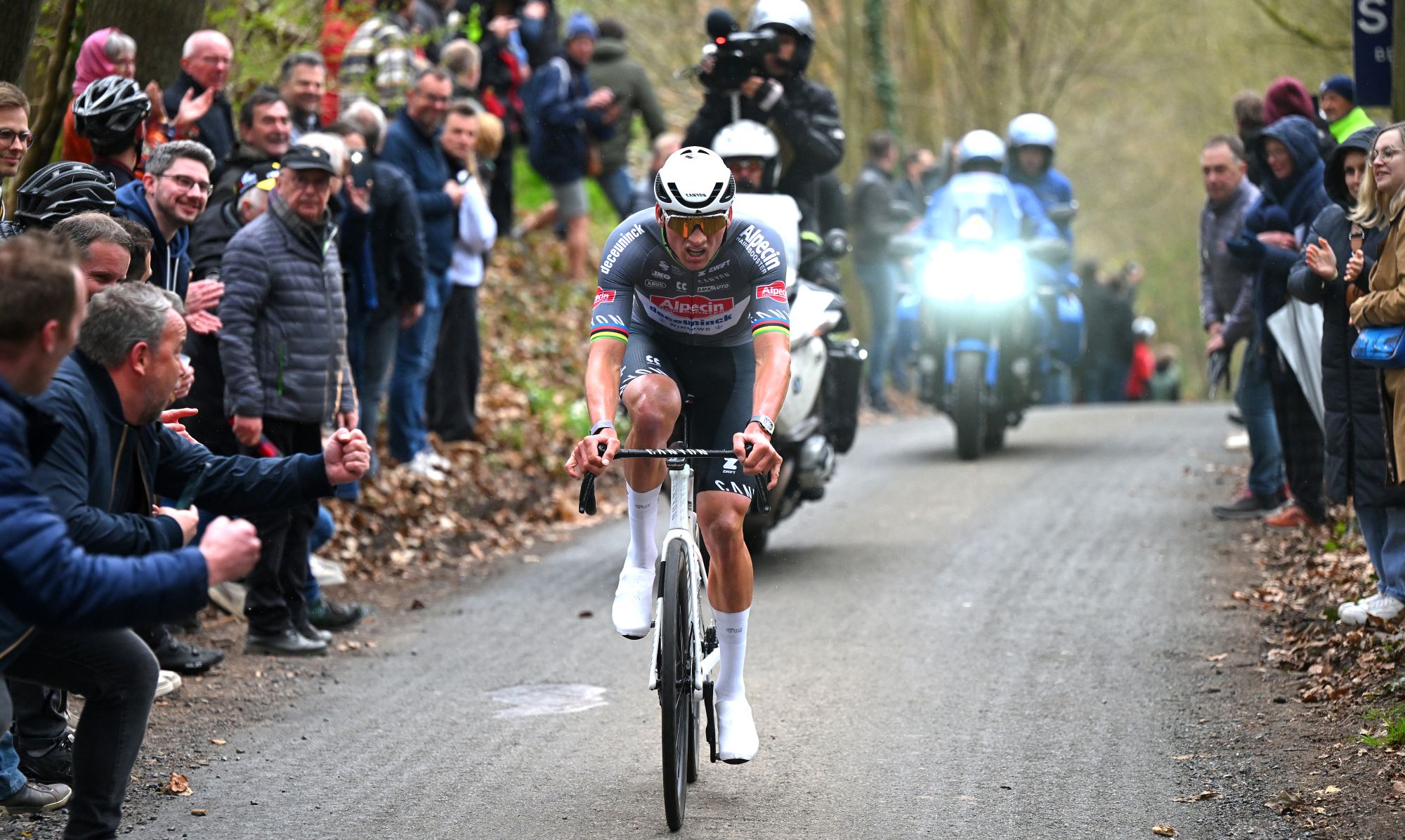 'I start every race to win' - Mathieu van der Poel fired up ahead of Paris-Roubaix showdown with Tadej Pogačar
'I start every race to win' - Mathieu van der Poel fired up ahead of Paris-Roubaix showdown with Tadej PogačarTwo-time winner says he has suffered with illness during spring Classics campaign
By Tom Thewlis Published
-
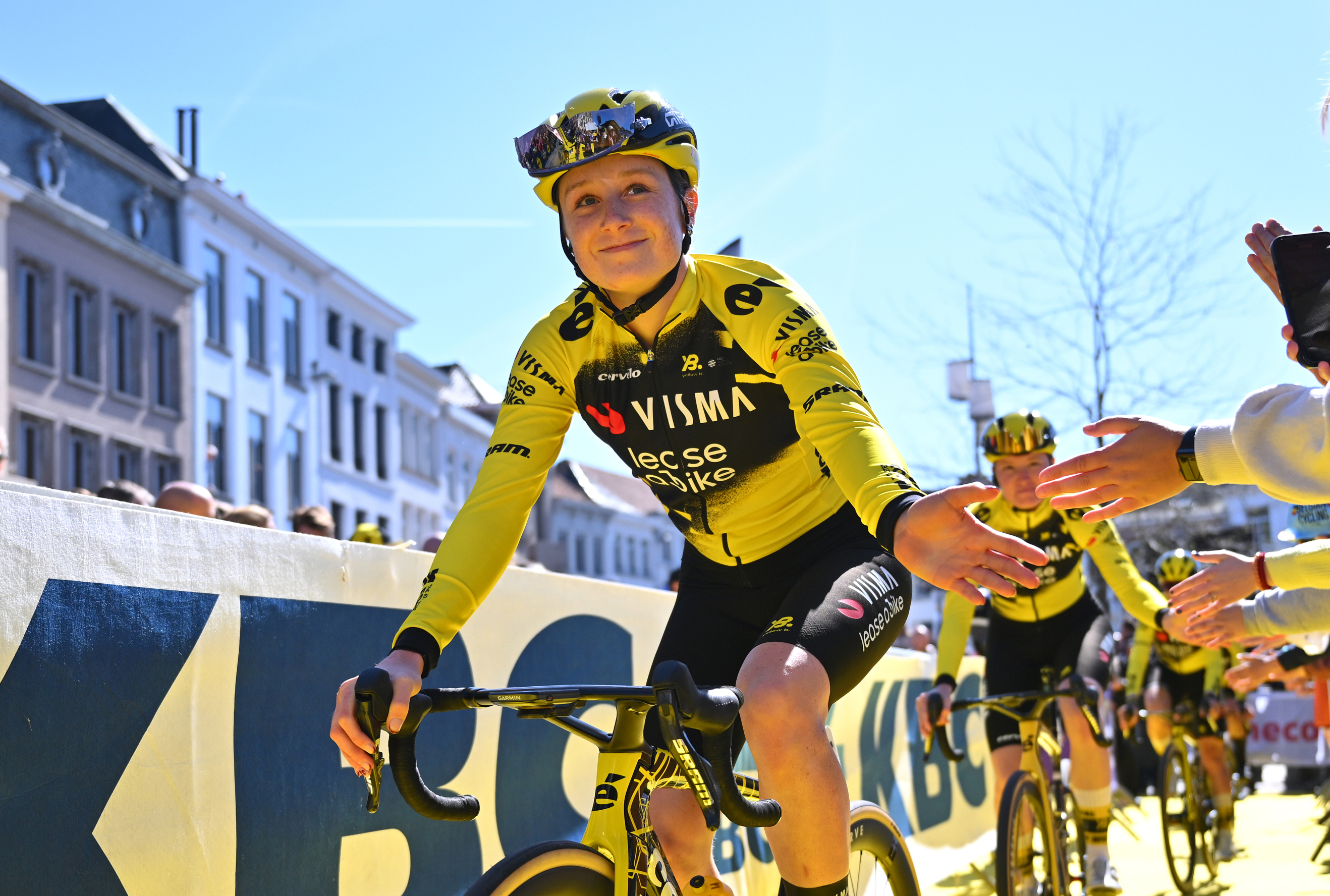 'It's really surreal that now I'm part of it' - 19-year-old Imogen Wolff set to go from spectator to racer at Paris-Roubaix
'It's really surreal that now I'm part of it' - 19-year-old Imogen Wolff set to go from spectator to racer at Paris-RoubaixBrit first came to see the 'Hell of the North' when she was six
By Tom Davidson Published
-
 'It's a great place to start' - Edinburgh MP 'absolutely' backs Tour de France Grand Départ in 2027
'It's a great place to start' - Edinburgh MP 'absolutely' backs Tour de France Grand Départ in 2027Scottish city expected to host opening stage of the Tour de France, according to reports
By Tom Davidson Published
-
 'I'm doing 1,000km more than Lachlan Morton' - Cycling influencer to ride every stage of the 2025 Tour de France
'I'm doing 1,000km more than Lachlan Morton' - Cycling influencer to ride every stage of the 2025 Tour de FranceAmy Hudson plans to ride the entire Tour route, including the transfers, totalling 6,300km
By Tom Davidson Published
-
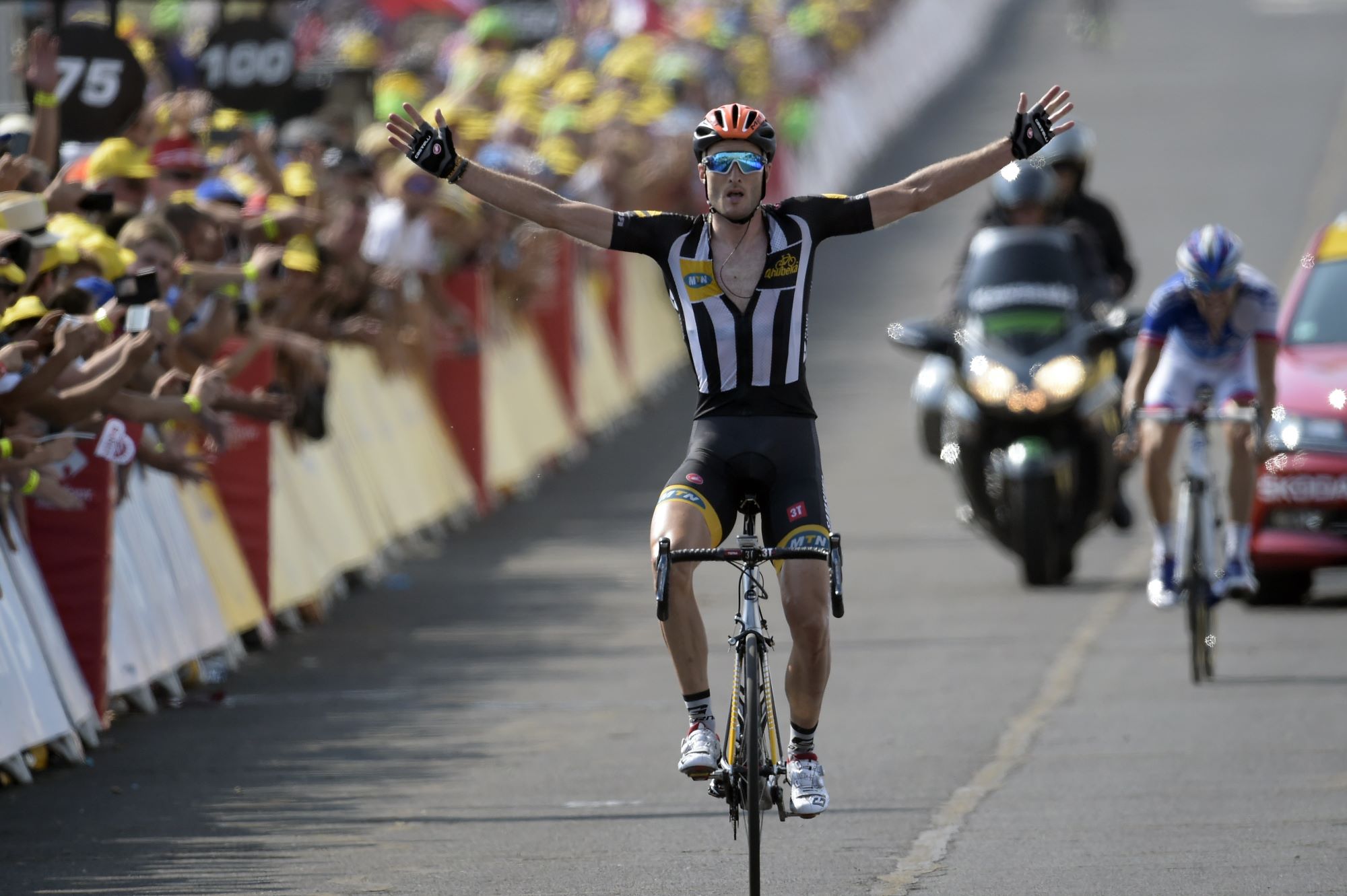 'A stage win in the Tour de France really changed my profile': Steve Cummings on working as a chef, idolising Michele Bartoli, and playing football like Trent Alexander-Arnold
'A stage win in the Tour de France really changed my profile': Steve Cummings on working as a chef, idolising Michele Bartoli, and playing football like Trent Alexander-ArnoldJayco-AlUla Sports Director discusses his most significant career victory and how he got into cycling
By Tom Thewlis Published
-
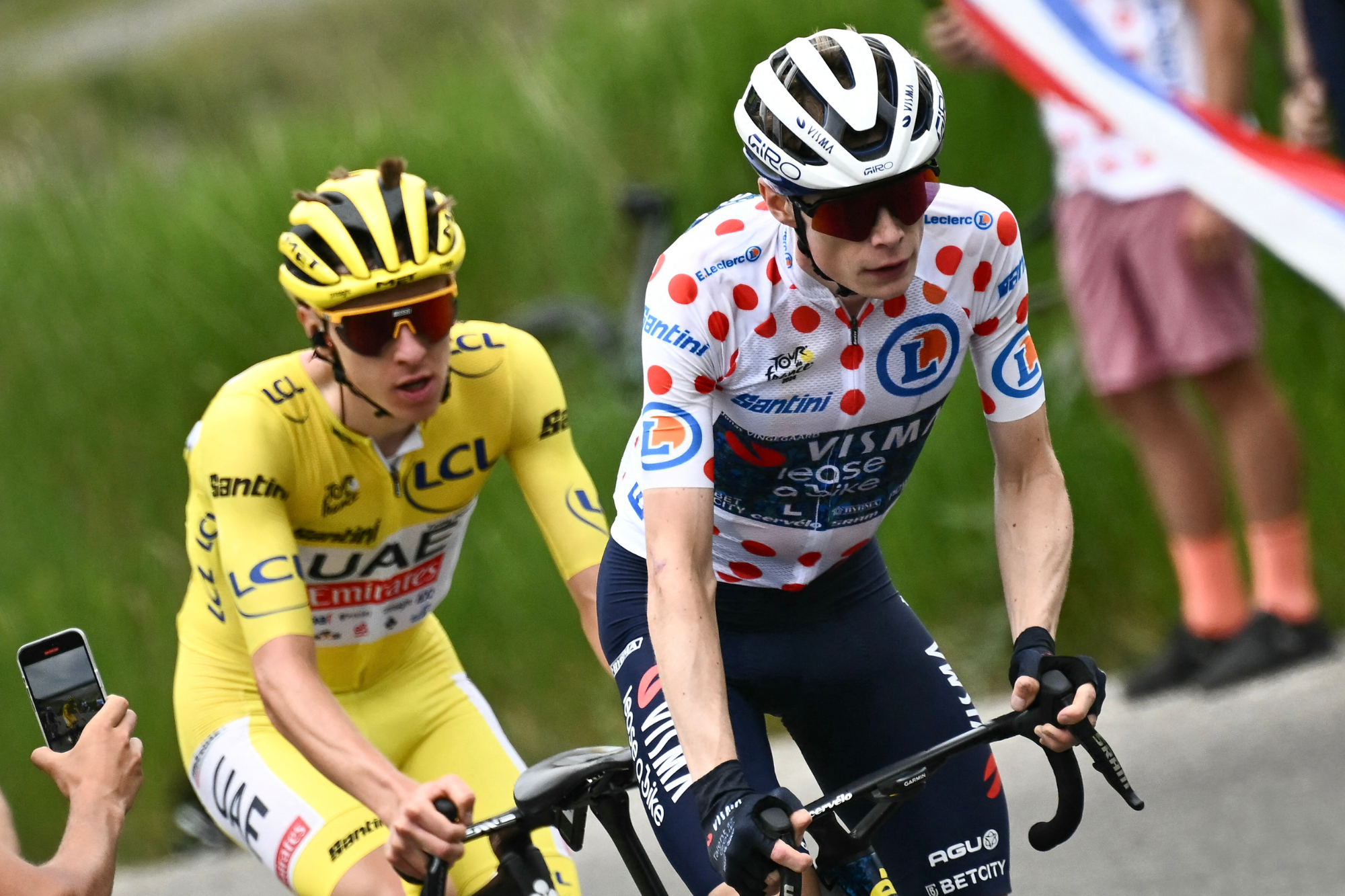 Cycling coverage is getting much more expensive in the UK – tell us what you think
Cycling coverage is getting much more expensive in the UK – tell us what you thinkEurosport is closing down in the UK and there will be no more free-to-air Tour de France coverage in Britain from 2026
By David Bradford Published
-
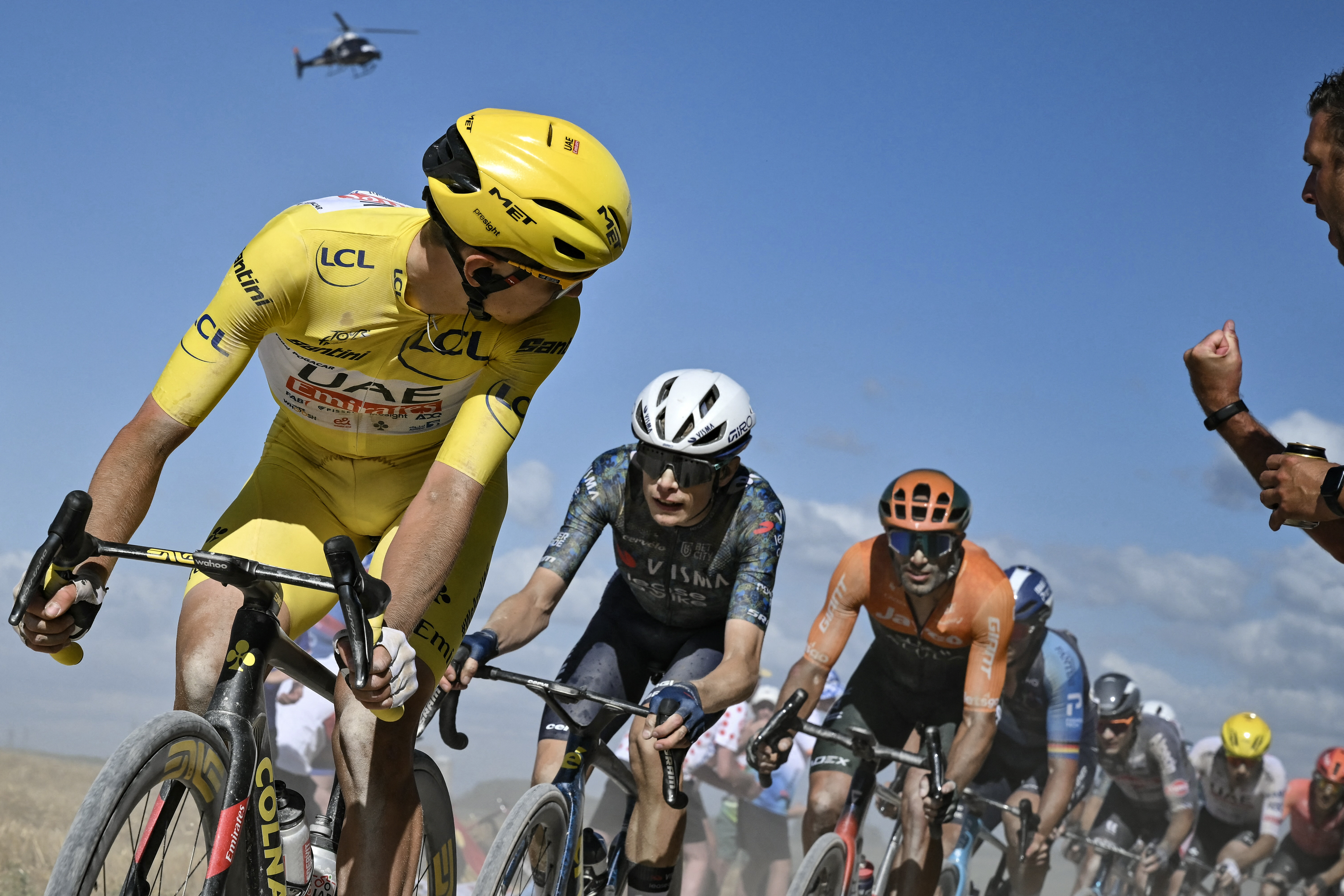 No free-to-air live coverage of Tour de France in UK from 2026, broadcaster confirms
No free-to-air live coverage of Tour de France in UK from 2026, broadcaster confirmsWarner Bros. Discovery (WBD) boss says free coverage of the Tour is “not on our road map”
By Tom Davidson Published
-
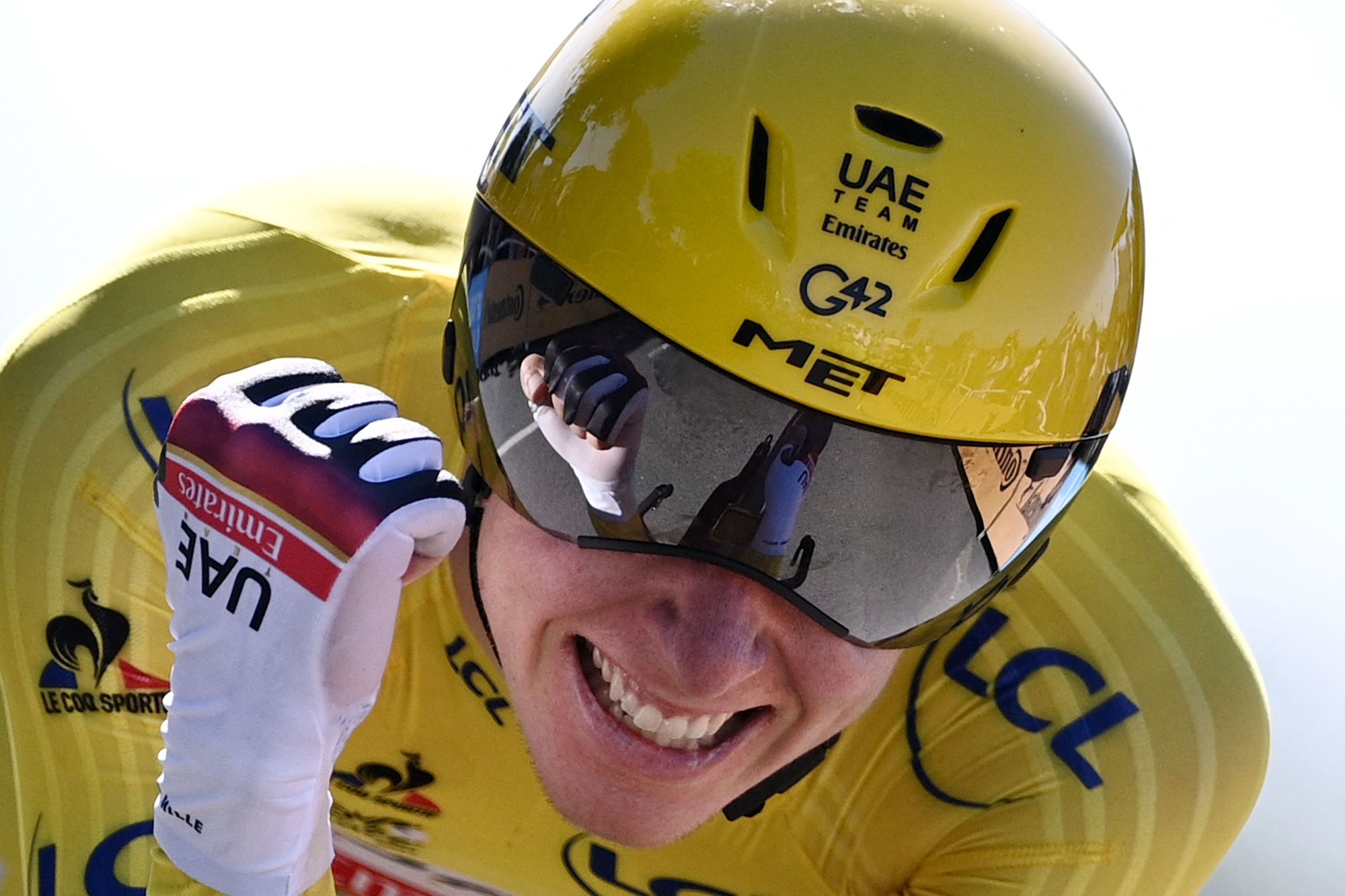 Former Tour de France yellow jersey maker placed into receivership
Former Tour de France yellow jersey maker placed into receivershipLe Coq Sportif also produced kit for the French Olympic Federation during Paris 2024
By Tom Thewlis Published
-
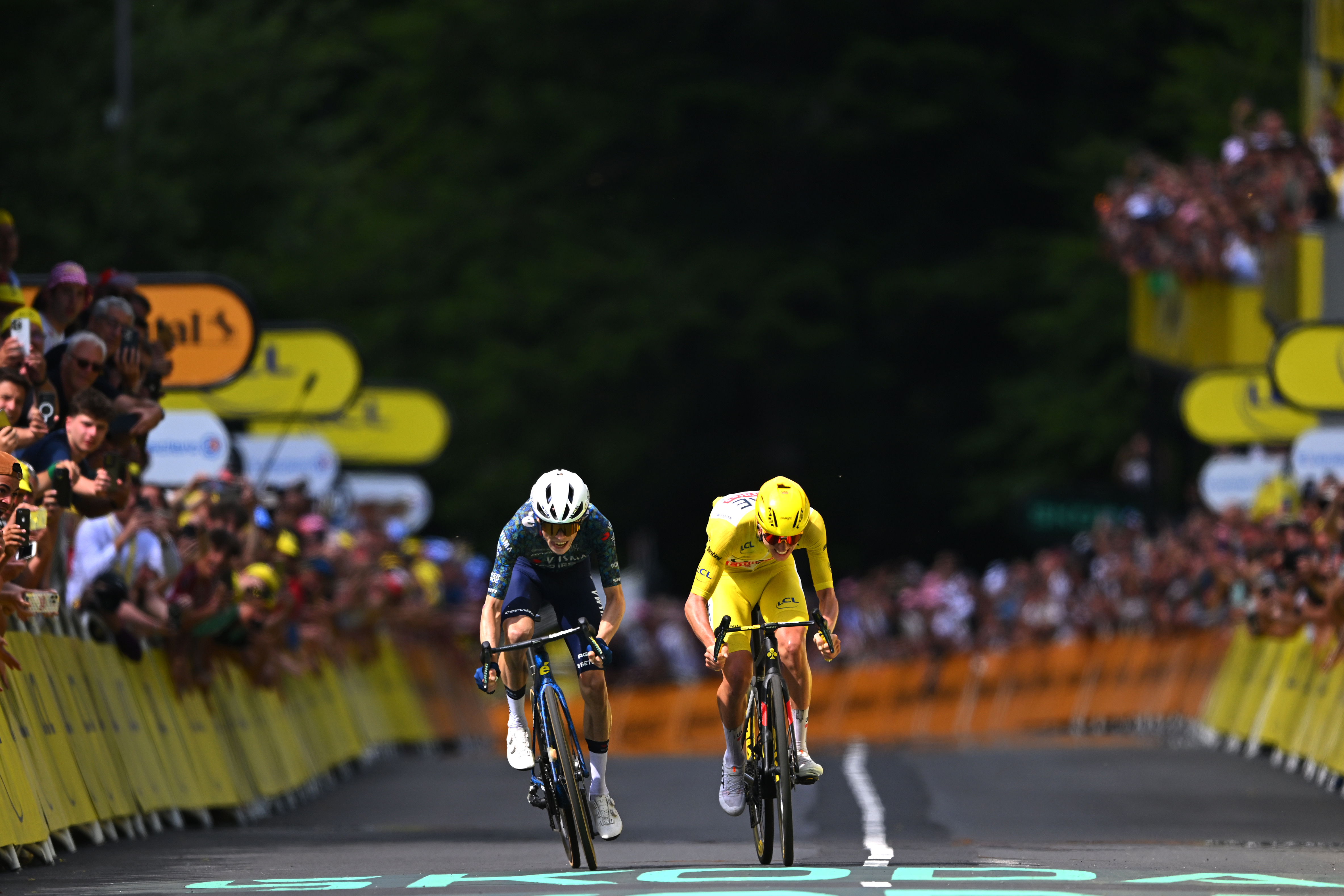 Tour de France 2025 route: Pyrenees triple, Mont Ventoux return and Alps climax on menu
Tour de France 2025 route: Pyrenees triple, Mont Ventoux return and Alps climax on menuRace to take place 5-27 July, with Grand Départ in Lille, before an anti-clockwise route
By James Shrubsall Last updated
-
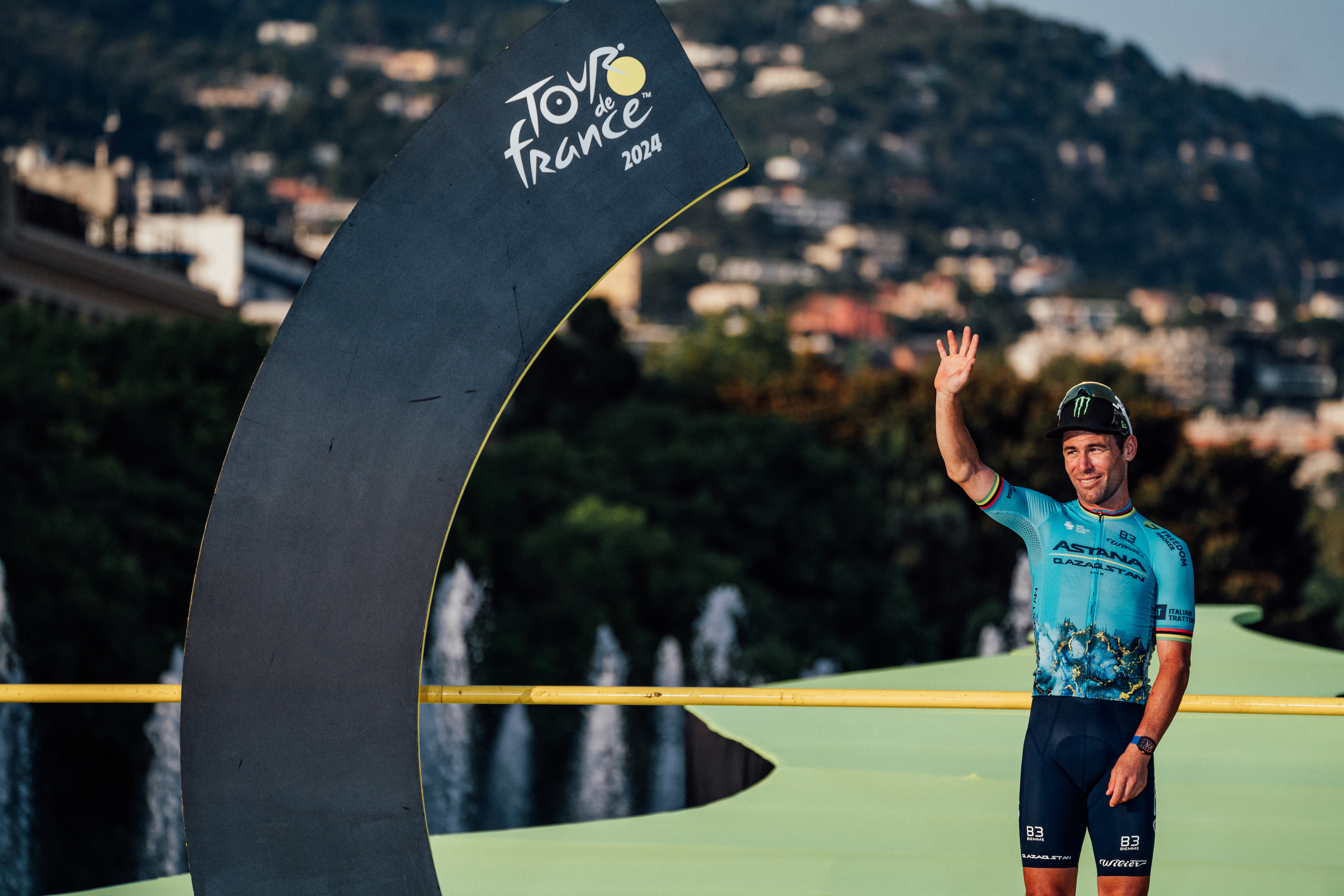 'It's going to damage cycling in the UK' - Ned Boulting, David Millar and Pete Kennaugh react to ITV losing Tour de France rights
'It's going to damage cycling in the UK' - Ned Boulting, David Millar and Pete Kennaugh react to ITV losing Tour de France rightsChannel's commentary team warn of 'devastating effect' of not having free-to-air race coverage
By Tom Davidson Published